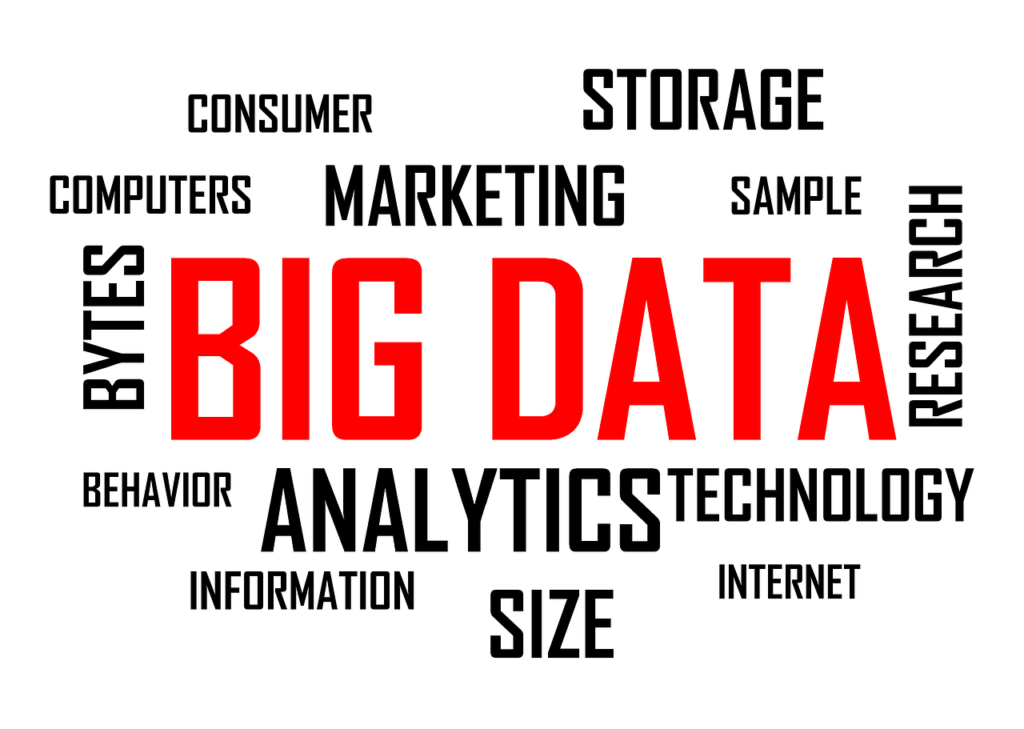Big Data Marketing in Australia: How It’s Changing the Game
In Australia, big data is no longer just a buzzword. It’s the secret sauce that’s helping businesses connect with their audiences like never before.
Whether it’s improving customer experiences or boosting revenue, big data is reshaping how marketing works in the land Down Under.
Let’s break it down and see why big data marketing is such a big deal, how Australian businesses are using it, and what you can do to stay ahead of the game.
What is Big Data Marketing?

Big data marketing is exactly what it sounds like—using huge amounts of data to make smarter marketing decisions.
Think customer purchase habits, social media trends, website visits, and even weather patterns.
By crunching these numbers, businesses can figure out what their customers want and how to give it to them.
It’s about swapping guesswork for facts. Instead of asking, “What might our customers like?” you’re saying, “Here’s what our customers actually like.”
Why is Big Data Marketing a Game-Changer in Australia?
Australia is a unique market. We have a diverse population, a strong tech-savvy culture, and a booming e-commerce industry.
This creates both opportunities and challenges for marketers. Here’s how big data is helping businesses tackle them:
1. Personalization at Its Best
Australians love brands that speak to them personally. Big data helps businesses send messages that feel tailored to individual customers.
For example, an online retailer might recommend products based on what you’ve already browsed or bought.
2. Maximizing Marketing Dollars
Let’s face it—marketing budgets aren’t endless. Big data helps businesses spend smarter by identifying which campaigns are working and which ones aren’t.
You can avoid wasting money on ads that don’t deliver.
3. Understanding Regional Differences
Australia isn’t one-size-fits-all. What works in Sydney might not work in Perth.
Big data helps brands spot regional trends and adapt their strategies accordingly.
How Australian Businesses Are Using Big Data
1. Retailers Predicting Customer Needs
Big retailers like Woolworths and Coles use big data to predict what shoppers will buy.
They analyze purchase patterns to stock shelves with what people need before they even realize they need it.
2. Banks Offering Better Financial Solutions
Banks in Australia use big data to understand spending habits and recommend personalized financial products.
For example, they might suggest a savings plan based on your monthly expenses.
3. Airlines Making Travel Smarter
Airlines like Qantas use big data to improve customer experiences.
From predicting travel demand to offering personalized deals, they make flying smoother and more enjoyable.
How to Get Started with Big Data Marketing
If you’re running a business in Australia and want to jump on the big data bandwagon, here’s how to start:
1. Set Clear Goals
What do you want to achieve?
More sales?
Better customer retention?
Defining your goals will guide your data strategy.
2. Invest in the Right Tools
Use platforms like Google Analytics, Tableau, or Salesforce Marketing Cloud to collect and analyze data.
These tools make it easier to turn numbers into actionable insights.
3. Clean Your Data
Messy data leads to messy decisions.
Make sure your data is accurate and up-to-date. Get rid of duplicates or outdated information.
4. Stay Compliant
Australia has strict privacy laws.
Always follow the Privacy Act 1988 and make sure your data collection methods are transparent and ethical.
5. Start Small, Then Scale
You don’t have to analyze everything at once. Start with one area, like customer demographics, and expand as you grow more comfortable with the process.
The Role of AI in Big Data Marketing
Artificial intelligence (AI) and machine learning are taking big data to the next level.
These technologies can analyze data faster and more accurately than humans ever could. Here are a few ways AI is making a difference:
- Predicting Trends: AI can spot trends in customer behavior before they become obvious.
- Automating Campaigns: Tools like chatbots and email automation use AI to engage with customers 24/7.
- Improving Targeting: AI helps businesses deliver ads to the right people at the right time.
Challenges of Big Data Marketing (And How to Overcome Them)
Big data marketing isn’t without its hurdles. Here are some common challenges and tips to tackle them:
1. Overwhelming Amounts of Data
It’s easy to get lost in the sea of numbers. The solution? Focus on the metrics that matter most to your goals.
2. Data Privacy Concerns
Customers are more cautious than ever about how their data is used. Build trust by being transparent and following all legal requirements.
3. High Costs
Analyzing big data can be expensive, especially for small businesses. Start with affordable tools and scale up as your business grows.
The Future of Big Data Marketing in Australia
The future looks bright for big data marketing in Australia. With advancements in technology, businesses will have even more ways to connect with their customers. Here are some trends to watch:
- Hyper-Personalization: Marketing will become even more tailored, with messages designed for individual preferences.
- Real-Time Insights: Businesses will be able to adjust campaigns instantly based on live data.
- Integration with IoT: Devices like smart fridges and wearable tech will provide new sources of customer data.
Final Thoughts
Big data marketing is transforming how businesses in Australia reach and engage their audiences. By using data to understand customer needs, predict trends, and optimize campaigns, you can stay ahead in a competitive market.
The key is to start small, stay ethical, and keep learning.
Big data isn’t just for big businesses—it’s for anyone who wants to make smarter, more informed marketing decisions.
Are you ready to embrace the power of big data?
The time to start is now!
Video credit – Simplilearn parasprunki 15.0 Fast, fun, and totally addictive
